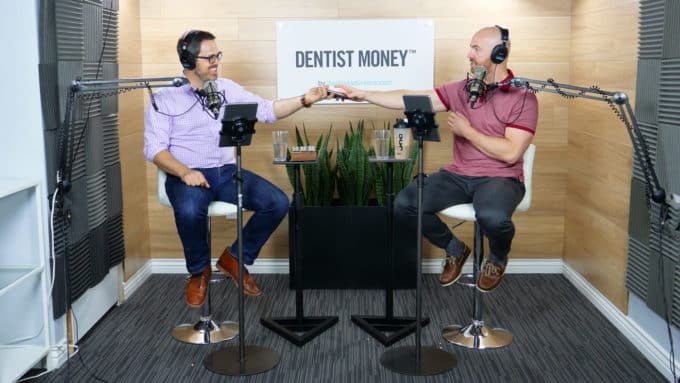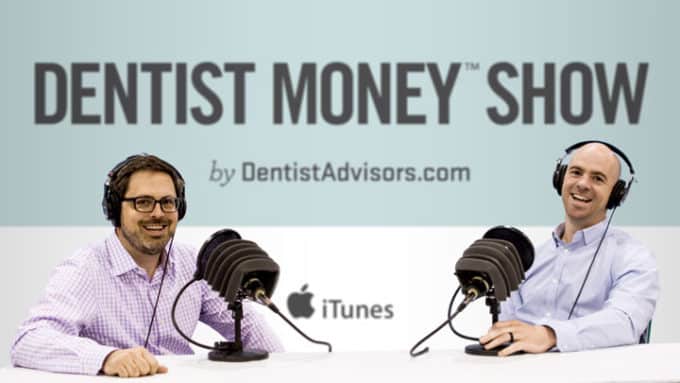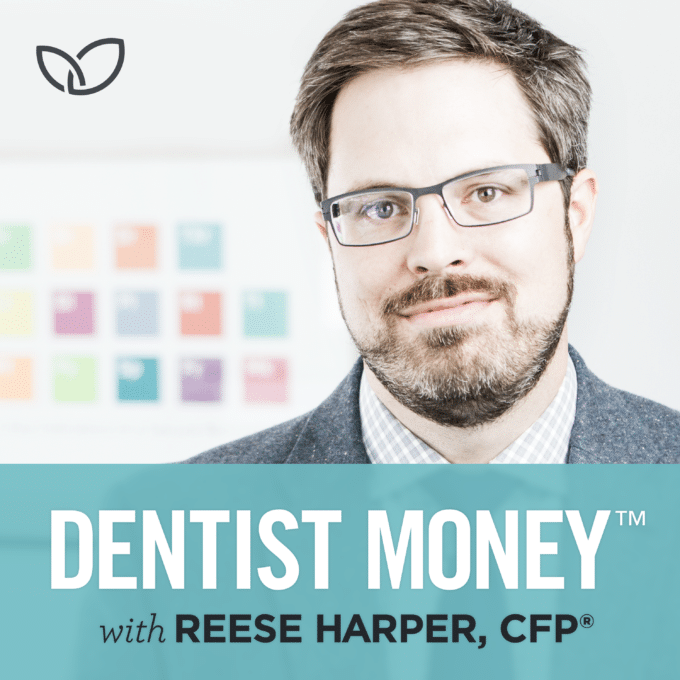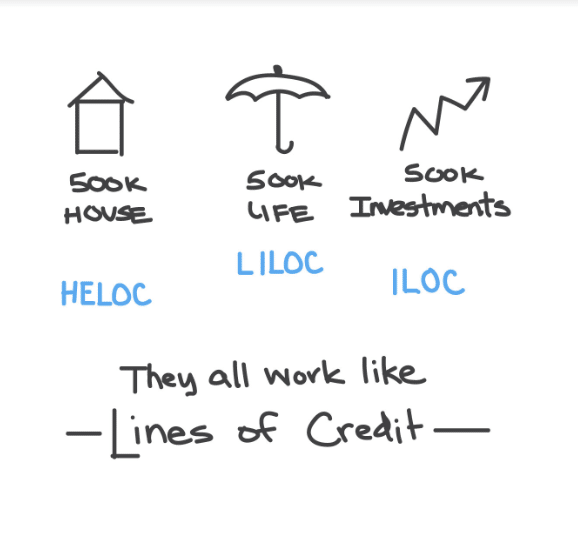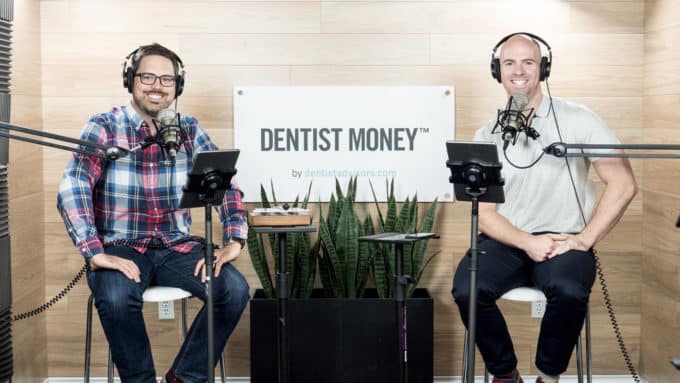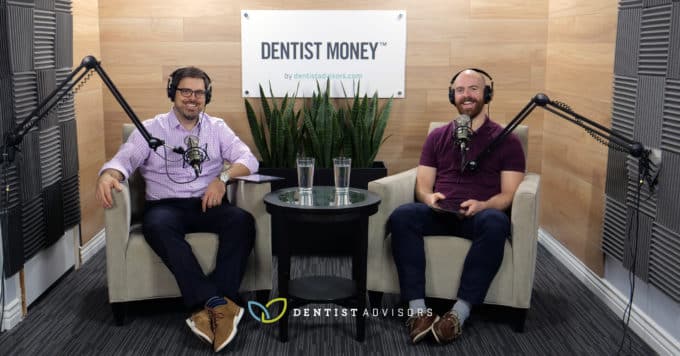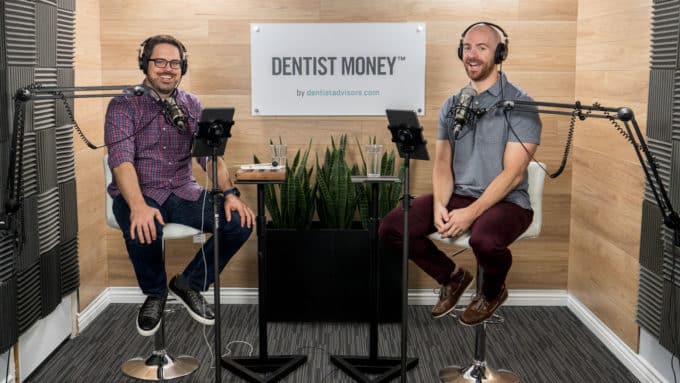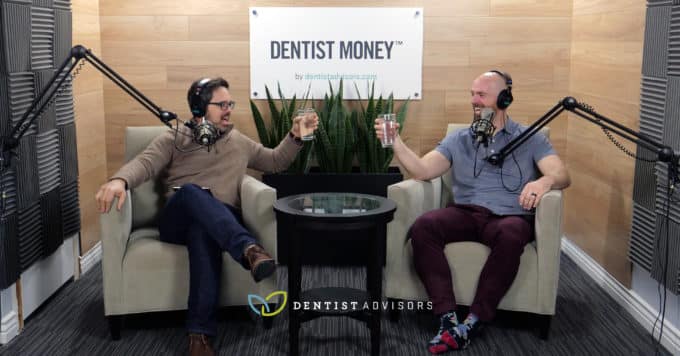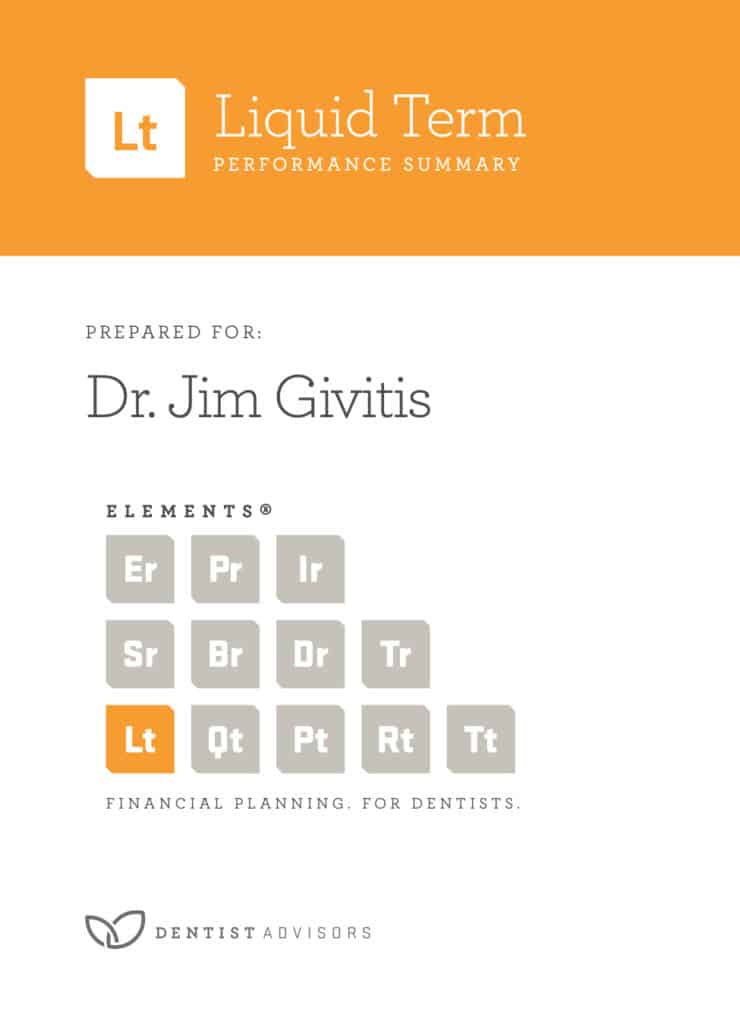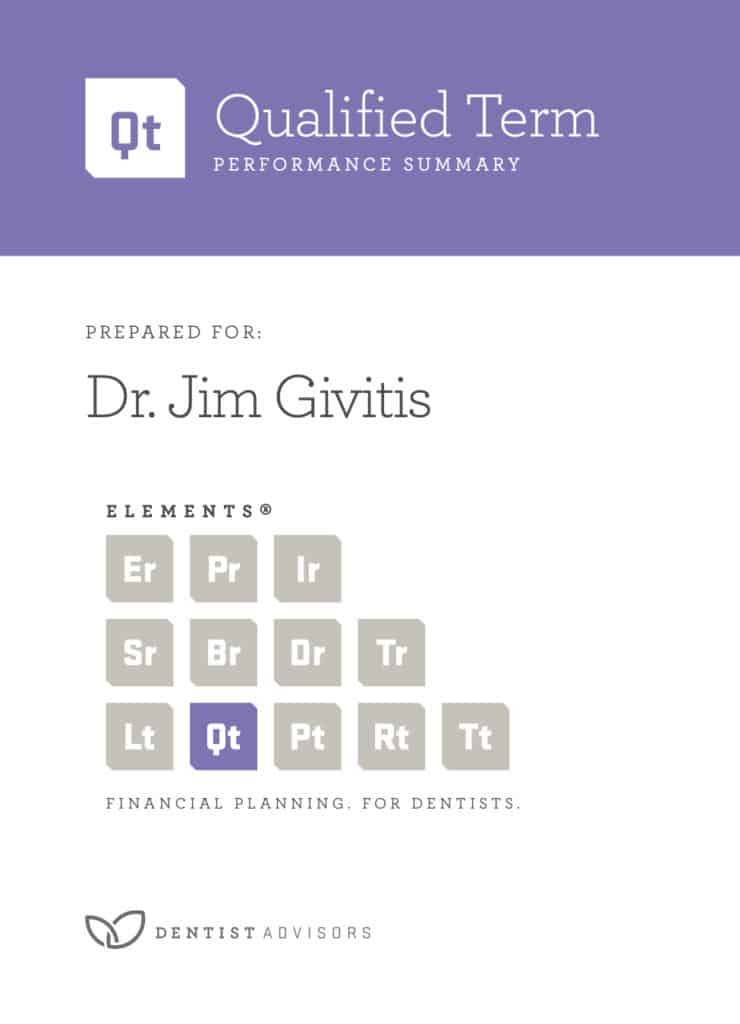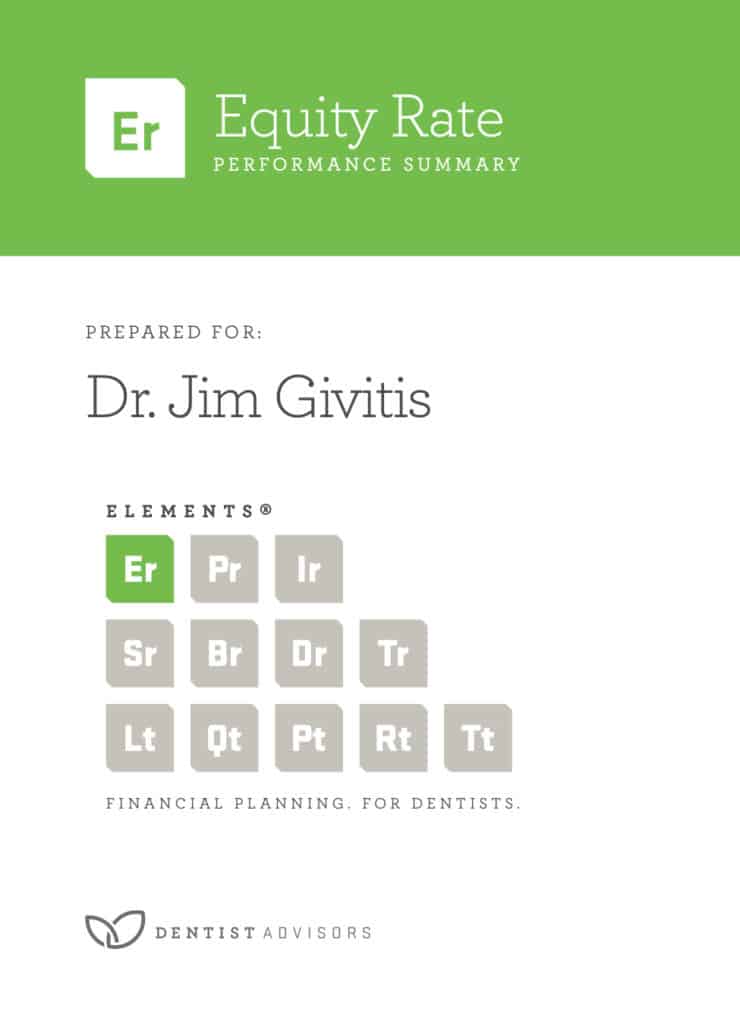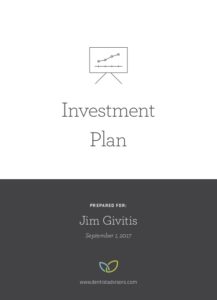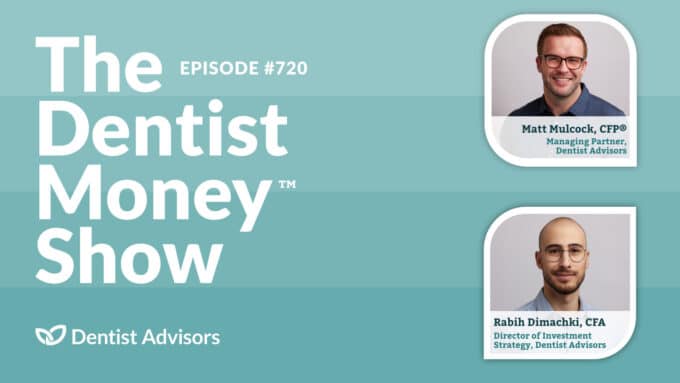Our Investment Philosophy
“The most important thing about an investment philosophy is that you have one you can stick with.”
– David Booth
“All the time and effort that people devote to picking the right fund, the hot hand, the great manager, have in most cases led to no advantage.”
– Peter Lynch
“Wall Street’s favorite scam is pretending luck is skill.”
– Ron Ross
“Investing should be more like watching paint dry or watching grass grow. If you want excitement, take $800 and go to Las Vegas.”
– Paul Samuelson
At Dentist Advisors, we believe markets can create remarkable value for investors. For those who stick around long enough to capture the returns, history shows that markets provide disciplined investors with a unique value proposition, including high expected returns (compared to other assets classes) with virtually no requirement of individual effort or time commitment. Few investments can boast those kinds of dynamics.
Our investment roots are most influenced by the science of investing and behavioral economics. We subscribe to the theories of widely respected economists, professors, Nobel Prize winners, and psychologists (click here to see a list of bios). The consensus of a variety of experts, along with other financial thought leaders, has helped us adhere to certain core investment values:
Read More
- While it’s true that markets go up and down, it’s also true that prices are quite fair because they represent the objective viewpoints of buyers and sellers all over the world who trade billions of dollars each day.
- Investors who attempt to “beat” the market essentially believe their own knowledge outweighs the combined wisdom of all market participants. In most cases, those investors usually fall short. Beating the market often involves taking above-average risk and incurring above-average costs—and most often those two trade-offs are simply not worth the potential reward.
- Behind every investable security are companies, governments—and ultimately people—who are motivated by self-interest to make economic gains. Some will succeed and some will fail, but on the whole markets expand over time as competition drives innovation.
Instead of chasing returns, we take a more systematic approach to trading and investing. Our philosophy is to build a portfolio that owns a share of the “entire market.” To achieve this, and to keep the odds in your favor, we most often use mutual funds and ETFs (exchange-traded funds) that provide exposure to countries and securities across the globe. Simply owning one index fund is not enough to achieve a properly diversified portfolio—and despite general public opinion, the cheapest index funds are not always the best performers as they may not have the specific attributes (e.g. country or accounting metric) you’re seeking to replicate.
In addition to following research-based principles, we build portfolios of diversified investments across countries, companies, and currencies that are specific to your individual age, need for liquidity, personal spending and major purchase goals. Your timelines, risk requirements, and savings objectives are specific to you, and must be understood before any decisions are made with your money.
Beyond the mechanics of a well-constructed portfolio, we believe the biggest factor in your overall investment success is how you behave during tough markets. Natural human emotions like fear and greed are the enemy of consistency, and often lead to reactive cycles of buying high and selling low. Of all the ways an experienced investment advisor can help you achieve better returns, behavioral coaching to help you stay the course is the most impactful. See Vanguard’s “Advisor’s Alpha” report.
We also understand your practice is the engine that powers your growth. A thriving business provides the cash flow to pay down your debt faster, support the lifestyle you want for your family, and save more money for the future. By accumulating assets in the right order, you can enjoy maximum flexibility during your career and throughout retirement.
Investment Management Service Overview
No Commission Fee Structure
No Commission Fee Structure
We are fiduciaries. We don’t receive any commissions for selling you financial products. You can have confidence that we are making decisions that put your interests before our own.
Institutional, Third-Party Custodians
Institutional, Third-Party Custodians
As a fiduciary, we have a power of attorney that allows us to facilitate the purchase and sale of securities on your behalf. We choose to do that inside of investment accounts that are in your our name, at a third-party custodian like TD Ameritrade Institutional. The custodian (bank) holds your accounts, and you simply authorize us to buy and sell securities on your behalf inside of your account.
This third-party relationship protects you as an investor, as you’ll have a separate statement from the custodian showing performance of your accounts, all securities held, and all transactions that occur. Anytime there’s any activity inside of your account, the custodian notifies you of the transaction. Many investors who have lost money in financial scandals, could have otherwise been protected if they simply used a third-party custodian to hold their assets.
We work with a variety of third-party custodians. If you have a strong preference for a particular custodian, just let us know. It’s possible we might already be working with them, or can make arrangements to do so.
Personalized Tax Management
Personalized Tax Management
Many investment firms try to minimize taxes, but personalized tax management can be challenging if your advisor does not have complete visibility into your overall net worth and cash flow. Your taxable investment accounts (like a brokerage account where you hold mutual funds or ETFs) will incur gains over time as your investments appreciate in value. Those gains are known as short term gains (appreciated investments that you’ve owned for less than a year) and long-term gains (investments you’ve owned for more than a year).
As we make adjustments or changes to your account, we review any trades that might cause a taxable event, and assess other opportunities to improve your account performance without incurring the impact of capital gains taxes. As an example, we could make customized trades with new cash flow to rebalance your account without selling off appreciated stock, or make in-kind donations from your account instead of using cash for charitable donations. In some cases, it could make sense to sell off securities that are currently lower than when you purchased them, incurring a loss. By replacing them at the same time with a security with similar upside potential, we can maintain diversification without trying to time the overall market. No matter how we proceed, your advisor will review any significant taxable event to ensure that changes to your accounts are always thoughtfully implemented.
Daily Cash Level Reviews
Daily Cash Level Reviews
We manage all investment accounts from our corporate headquarters and review each account for dividends, capital gains, and imbalances each day. We examine the level of cash that each account is holding, and if you’re carrying too much cash, we will invest it back into the security that is the most underrepresented in your portfolio. Our goal is to minimize the amount of cash in your account, and maximize the exposure you have to investments over the course of your lifetime.
Your investment accounts will be directly connected to your personal and practice checking accounts, which makes it easy for you to request transfers into and out of your cash accounts—and you won’t be charged fees to do so.
Charitable Planning
Charitable Planning
When making charitable donations, many of our clients make in-kind donations. By taking highly appreciated stocks, ETFs or mutual funds and donating them directly to the 501(c)(3) of your choice, you can reduce the capital gains you would eventually pay during retirement. Instead of paying charitable contributions with cash, you can work with your advisor to strategically review your account for opportunities to donate your shares. Ultimately this can increase the effective return inside of your portfolio, as long as you replenish securities with the same amount of cash you would have paid to the charity.
Margin Lending
Margin Lending
As your net worth and liquidity increase, you can borrow against your own investment accounts. As your accounts grow, margin lending can be done at very attractive interest rates which may allow you to pay off loans with less favorable interest rates, like practice debt or student loans, without having to liquidate any of your investments or stop them from compounding. The margin loan can be paid off with your regularly scheduled contributions while your investments continue to grow. This strategy is advanced and requires very detailed communication with your advisor, but for some dentists it can be a very powerful way to eliminate debt and avoid unnecessary capital gains taxes on investment accounts.
Globally Diversified
Globally Diversified
Our academic approach to investing leads to more predictable long term growth.
We believe in the power of markets and will structure your portfolio to capture value created across countries, companies, and currencies.
Unlimited Investment Universe
Unlimited Investment Universe
Passive, Active, Private, and PublicAs an independent registered investment advisor, we aren’t limited to the investment styles, products, or companies we recommend. Although we have preferred partners that fit many of our investment philosophies (low-cost, broad diversification, and factor-based investing), we have clients with unique preferences or circumstances whom we accommodate alongside our core philosophy. As your income and wealth increase, you’ll likely unlock more investment preferences and interests. We believe that a low-cost portfolio of Dimensional, Vanguard, SPDR, or iShares mutual funds or ETFs, serves as an essential core to your overall asset mix, and for some people that may be all they ever choose to own. But if your final retirement portfolio contains a much more diverse set of investments, including real estate, individual securities, bond ladders, private placements or even an investment in your family burger franchise, you can count on our guidance to help make sure it all comes together within the context of a balanced, liquid and diverse strategy.
Continuous Proactive Monitoring
Continuous Proactive Monitoring
Daily trading, managed by our internal team, means that every dollar you invest is put to immediate use. Because we trade on a daily basis, we can react quickly to the moving parts in your portfolio and keep more of your cash invested.
Rebalancing is how we maintain the right ratio of stocks and bonds in your portfolio. Because performance of stocks and bonds fluctuates, we can use new deposits or existing holdings to keep your portfolio focused on the optimal outcome.
Behavioral coaching has been shown to improve net returns for investors by 1% to 2%.* In addition to the technical implementation of a well-constructed portfolio, your personal advisor will help you overcome common mistakes investors make when they allow emotions get in the way of good decisions. *See Vanguard’s “Advisor’s Alpha” report
Academic Roots, Factor-Based Lens
Academic Roots, Factor-Based Lens
Our investment roots are strongly influenced by the science of investing and behavioral economics. We subscribe to the theories of widely respected economists, professors, Nobel Prize winners, and psychologists (click here to see a list of bios). The consensus of a variety of experts, along with other financial thought leaders, has helped us adhere to certain core investment values.
We believe in allowing markets to capture value created across countries, companies, and currencies, without the need to predict the direction of the market. Many of our portfolios are constructed using factor-based investment principles, especially when clients have longer time horizons.
To learn more about innovations in finance and investment management, click here to read “The Evolution of Investing.”
- “I take the market efficiency hypothesis to be the simple statement that security prices fully reflect all available information.” – Eugene Fama
- “Everybody has some information. The function of the markets is to aggregate that information, evaluate it, and get it incorporated into prices.” – Merton Miller
- “Modern finance is based primarily on scientific reasoning guided by theory, not subjectivity and speculation.” – John “Mac” McQuown
- “In science, what you want is the minimum number of factors that will explain something, not the maximum number.” – Eugene Fama
- “The goal is to find variables that are useful moving forward, not to explain the past.” – Kenneth French
- “All the time and effort that people devote to picking the right fund, the hot hand, the great manager, have in most cases led to no advantage.” – Peter Lynch
- “The most important single central fact about a free market is that no exchange takes place unless both parties benefit.” – Milton Friedman
- “Pundits forecast not because they know, but because they are asked.” – John Kenneth Galbraith
- “Most people might just as well buy a share of the whole market, which pools all the information, than delude themselves into thinking they know something the market doesn’t.” – Merton Miller
- “Investing should be more like watching paint dry or watching grass grow. If you want excitement, take $800 and go to Las Vegas.” – Paul Samuelson
- “Wall Street’s favorite scam is pretending luck is skill.” – Ron Ross
- “Many of us economists who believe in efficiency do so because we view markets as amazingly successful devices for reflecting new information rapidly and, for the most part, accurately.” – Burton Malkiel
Did you know?
Vanguard research shows an advisor can add:
- 1% to 2% in net investment return with behavioral coaching
- 0.75% in net return by selecting the right account types
Proactive Investment Analysis & Reporting
MONTHLY ELEMENTS® ANALYSIS
Investment-related analysis is performed on a recurring schedule as part of our Elements® comprehensive planning process. Our advisors use performance summaries to track your liquidity, office retirement plan, savings contributions, and portfolio risk.
Related Resources
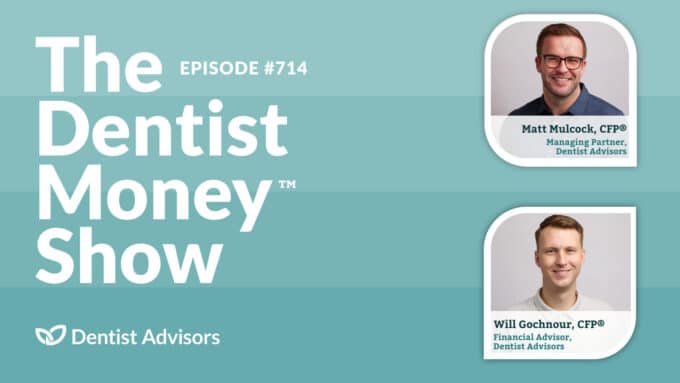
Red Flags Every Dentist Should Know Before Investing – Episode #714

By Jake Elm, CFP® , Financial Advisor

By Jake Elm, CFP® , Financial Advisor
Investment Philosophy Influencers
Harry Markowitz
Economist, Professor, 1990 Nobel Prize in Economics Sciences
Modern Portfolio Theory
William F. Sharpe
Economist, Professor, 1990 Nobel Prize in Economic Sciences
Capital Asset Pricing Model, Sharpe Ratio
Eugene Fama
Economist, Professor, 2013 Nobel Prize in Economic Sciences
Portfolio Theory, Equity Research
Kenneth French
Professor
Asset Pricing Research, Fama-French Three Factor Model, Kenneth French Data Library
Gary Brinson
Investor, Author
Asset Allocation Theory, 1986 Paper “Determinants of Portfolio Performance”
Roger Ibbotson
Investor, Professor, Author
Book: “Stocks, Bonds, Bills, and Inflation”
Richard Thaler
Economist, Professor, Author
Books: “Quasi-Rational Economics” and “The Winner’s Curse”
Daniel Kahneman
Psychologist, 2002 Nobel Prize in Economic Sciences
Decision Making, Behavioral Economics
Amos Tversky
Psychologist
Behavioral Economics
Robert C. Merton
Economist, Nobel Prize in Economic Sciences, Professor (MIT)
Continuous-time finance (Black-Scholes formula)




